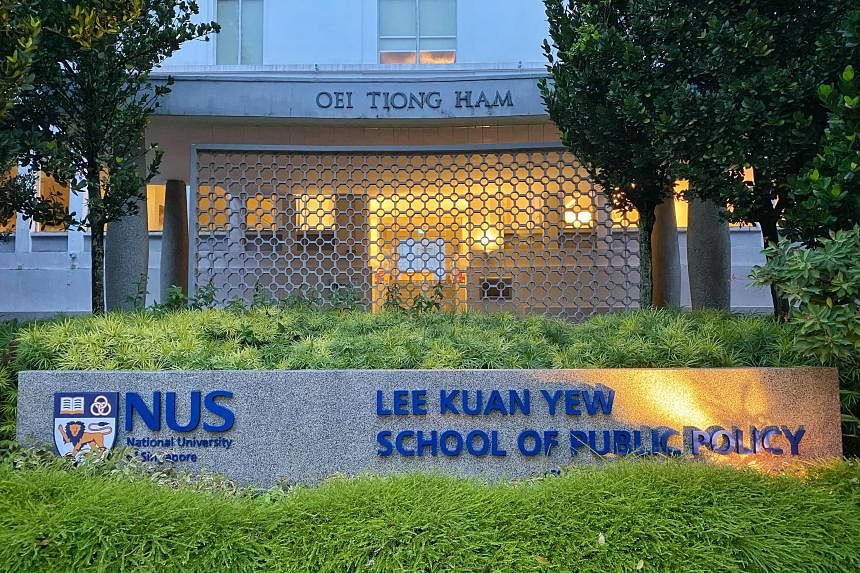Suggestions
Danny Quah
Economist and academic
Danny Quah is a prominent economist currently serving as the Dean and Li Ka Shing Professor in Economics at the Lee Kuan Yew School of Public Policy, National University of Singapore (NUS). His academic focus encompasses various areas, including economic growth, development economics, monetary economics, and macroeconometrics. Quah is particularly recognized for his research on economic convergence, income inequality, and the shifting dynamics of the global economy.12
Educational Background
Quah was born in Penang, Malaysia, and completed his undergraduate studies at Princeton University, earning an A.B. in 1980. He then obtained his Ph.D. from Harvard University. His early career included a position as an assistant professor at the Massachusetts Institute of Technology (MIT) before he joined the London School of Economics (LSE) in 1991, where he eventually became the Head of the Economics Department.12
Career Highlights
Before his current role at NUS, Quah was a Professor of Economics and International Development at LSE and the founding Director of the Saw Swee Hock Southeast Asia Centre. He has also served as a consultant for various prestigious organizations, including the World Bank and the Bank of England. Quah's work has been influential in both academic circles and public policy discussions, particularly regarding global economic transformations and the rise of economies in the East.123
Research Contributions
Quah's research has significantly impacted the understanding of economic growth and the effects of various disturbances on economies. His notable works include studies on poverty traps and income distribution, and he has published extensively on the implications of global economic shifts, particularly the movement of the economic center of gravity towards Asia.1
Public Engagement
In addition to his academic work, Quah is active in public discourse, having given TED talks and lectures on topics such as global economic tensions and the implications of rising powers in the East. His insights are frequently sought in discussions about international economic relations and policy-making.123
Quah's contributions to economics and public policy continue to shape discussions on global economic dynamics and development strategies.
Highlights

